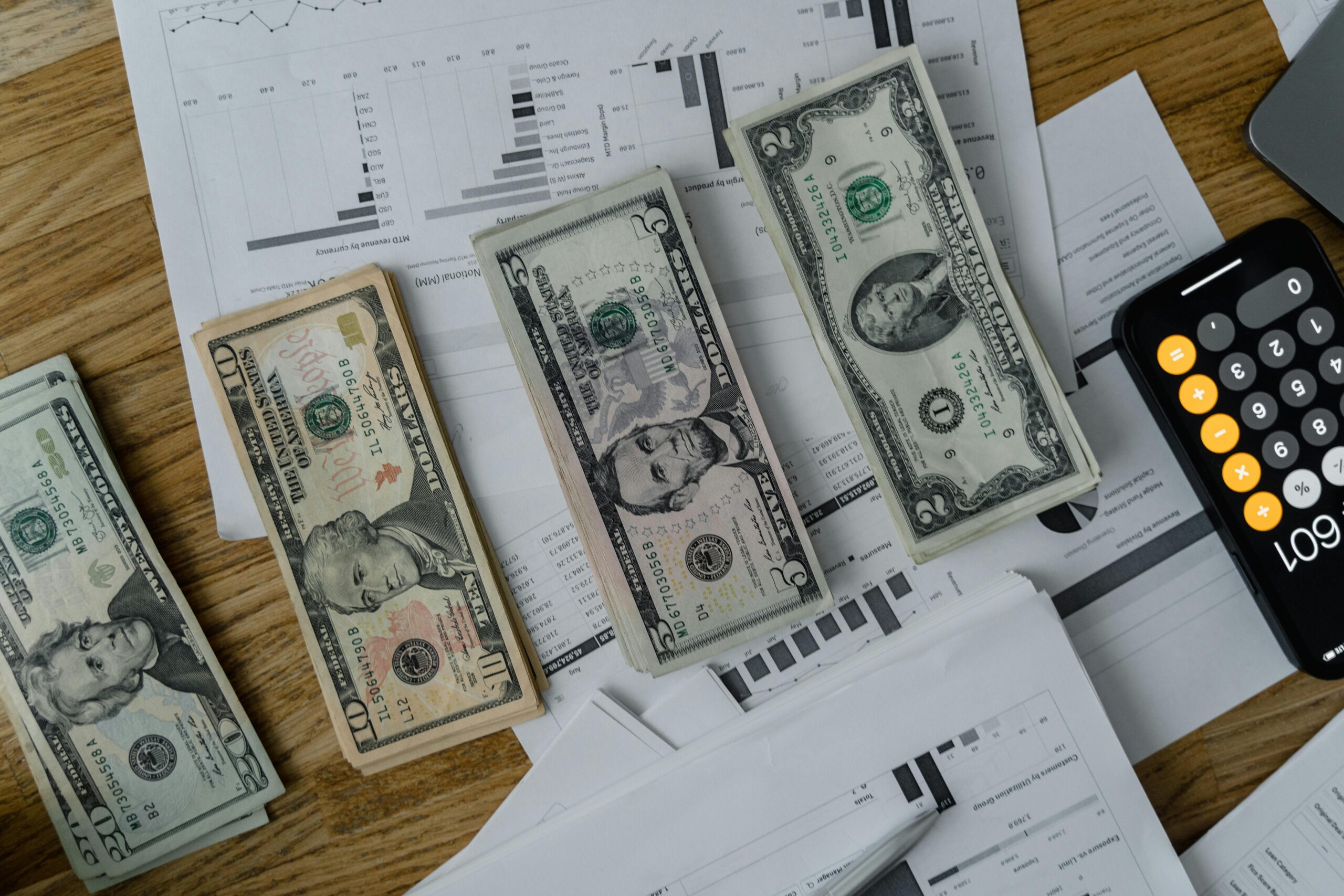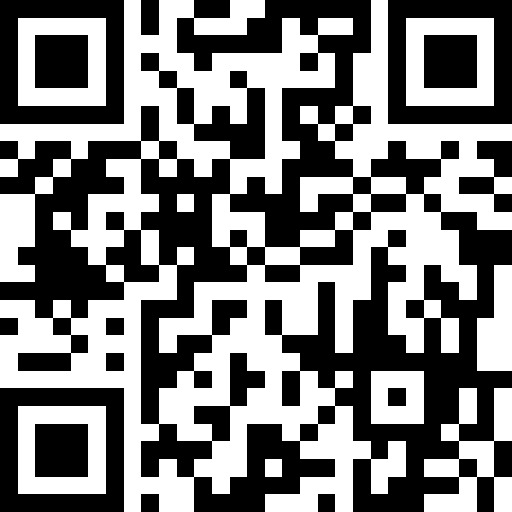Why does Roth 401(k) make more sense for a young professional, especially in a current low-tax environment?
Both traditional 401(k)s and Roth 401(k)s serve as tax-advantaged savings plans aimed at motivating employees to save for retirement by allowing them to allocate funds now and withdraw them later. Additionally, employers frequently offer matching contributions to augment the employee’s savings.
The disparity commences with the initial contributions. In a traditional 401(k) plan, contributions are generally tax-deductible, whereas in Roth 401(k)s, contributions are made with after-tax dollars. Upon retirement, withdrawals from traditional 401(k)s are subject to taxation at ordinary income rates, whereas withdrawals from Roth 401(k)s can potentially be tax-free.
Thus opting for a Roth 401(k) frequently entails a higher immediate cost, as the saver incurs taxes upfront but it could be a saving method for long-term wealth.
When should one consider choosing a Roth 401(k)?
If an individual anticipates facing a higher federal and state tax rate upon withdrawal compared to when the funds were contributed, opting for a Roth account will likely be more advantageous.
If a worker is under the age of 30 and currently falls within the 12% tax bracket, their tax rate during retirement is likely to be higher. Consequently, if feasible, allocating more funds toward a Roth 401(k) may present a wiser choice.
Conversely, let’s take a 45-year-old worker whose top tax rate is 32%. In this case, the tax rate during retirement might potentially be lower. Hence it might be wiser to contribute more to a traditional 401(k) instead.
Thus, opting to fund a Roth 401(k) frequently proves most advantageous for younger workers and those nearing retirement age. Younger employees typically anticipate their incomes and tax rates to increase over time, while older workers are often better equipped to forecast their future tax rates
Additional tips:
- Ensure you don’t overlook the employer match. If your employer offers matching contributions, strive to contribute enough to capitalize on this benefit, even if it requires allocating more towards your traditional 401(k). Remember, employer matches are consistently made in pretax dollars.
- Given the challenge of accurately predicting future tax rates—an endeavor few can confidently undertake consider diversifying your savings across various tax baskets.





